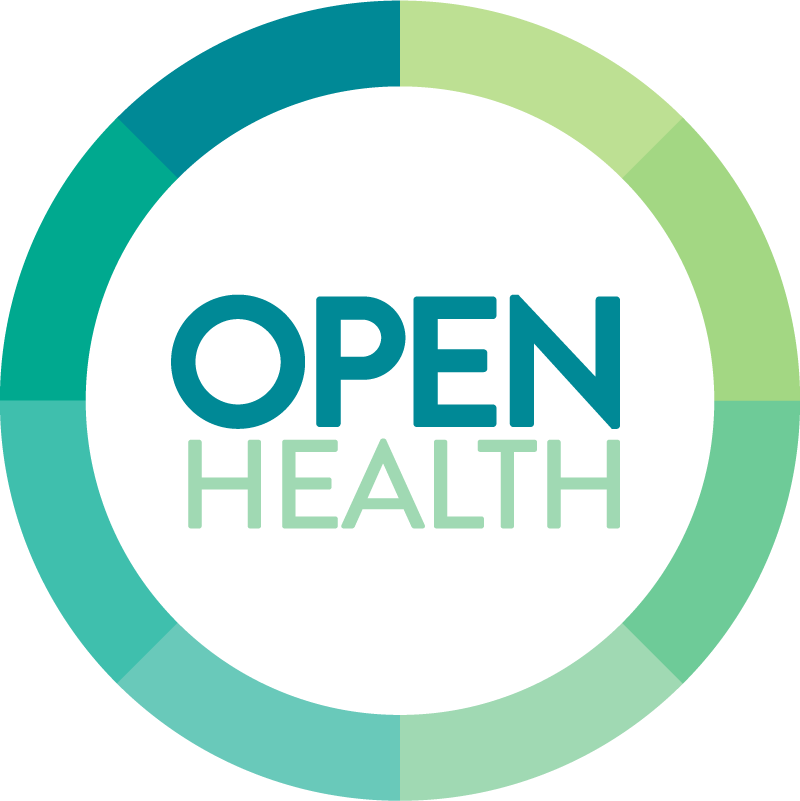What is Diabetes?
Diabetes is a condition in which the body does not properly process food for use as energy. Most of the food we eat is turned into glucose (sugar) for our bodies to use for energy. The pancreas makes a hormone called insulin to help glucose get into the cells of our bodies. When you have diabetes, the pancreas either does not make enough insulin or cannot use its own insulin as well as it should, resulting in a build-up of sugars in the blood referred to in diabetes as "sugar."
Type 1 Diabetes
Type 1 diabetes (insulin-dependent diabetes) is the most severe form of this disease. It usually develops in children and teenagers, but people of all ages can develop type 1 diabetes. In type 1 diabetes, when the body's immune system attacks the insulin-producing islet cells in the pancreas, it becomes known as an autoimmune disease. The islet cells are responsible for sensing glucose in the blood and producing the right amount of insulin to cover blood glucose. Once the insulin-producing cells are destroyed, a person can no longer make their own insulin. Without insulin, the sugar stays in the blood and builds up, and as a result, the body's cells starve. If left untreated, high blood sugar levels can damage the eyes, kidneys, nerves, and heart and can also lead to coma and death.
Type 1 Symptoms:
Rapid and unexplained weight loss
Extreme weakness and fatigue
Blurred vision
Nausea, vomiting, and abdominal pain
Increased thirst
Extreme hunger
Unusual irritablity
Unpleasant breath odor
Itchy skin
Increased urination (bed-wetting may occur in children who have already been toilet trained.)
Type 1 diabetes is treated by taking insulin injections or using an insulin pump or other device. This outside source of insulin now serves as the "key" to bring glucose to the body's cells. Deciding on the daily dose of insulin to take can be a complicated balancing act. Taking too much insulin will drop a blood sugar to a dangerously low level known as hypoglycemia (life-threatening). However, taking too little insulin will increase blood sugar to a dangerously high level, known as hyperglycemia.
Type 2 Diabetes
Type 2 diabetes (adult-onset diabetes typically develops after age 35) is the most common form of diabetes. With type 2 diabetes, the pancreas can produce some insulin, but often not enough to cover total glucose intake. The symptoms of type 2 diabetes are similar to those of type 1 diabetes. But the onset of type 2 diabetes is usually slower, and the symptoms are not as noticeable as those for type 1 diabetes.
The treatment plan for type 2 diabetes typically includes diet control, exercise, home blood glucose testing, and in some cases, oral medication, and/or insulin.
How Do We View Diabetes?
At Open Health Care Clinic, we view diabetes as a "Self-Management" disease. We understand how someone develops diabetes can differ from person to person.
How Do We Treat Diabetes?
We individualize treatment based on our patient's current living conditions, needs, affordability, and fears related to diabetes. We teach patients the importance of daily blood glucose checks and exercising to decrease cellular resistance. We also provide a hands-on demonstration of how to count carbohydrates and read a food label effectively. We take time to learn our patient's response to their medication, encouraging their thoughts and suggestions while building their individualized treatment plan. Our goal is to individualize each patient and provide them with the latest diabetic technology, including an insulin pump and continuous glucose monitor.
What Makes Us Different?
Christie Cooper, FNP-C
We take pride in building a lifetime rapport with each patient in their diabetic journey, starting with their initial visit. We schedule weekly visits to help maintain and improve blood glucose results, decreasing the overall insulin needs while watching the Hemoglobin AIC decrease. We enjoy teaching lifetime diabetic principles while watching our patients apply the knowledge to their daily lives. We strive to provide our diabetic patients with direct access to care/management seven days a week, 24 hours a day, enabling them to self-manage their diabetes.
Christie Cooper, FNP-C
















